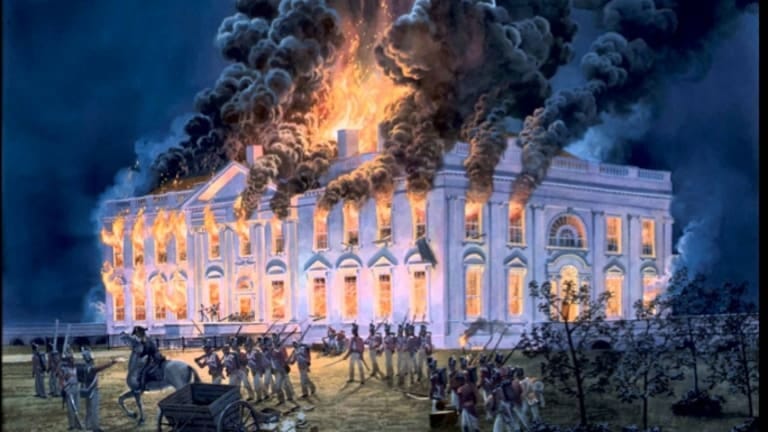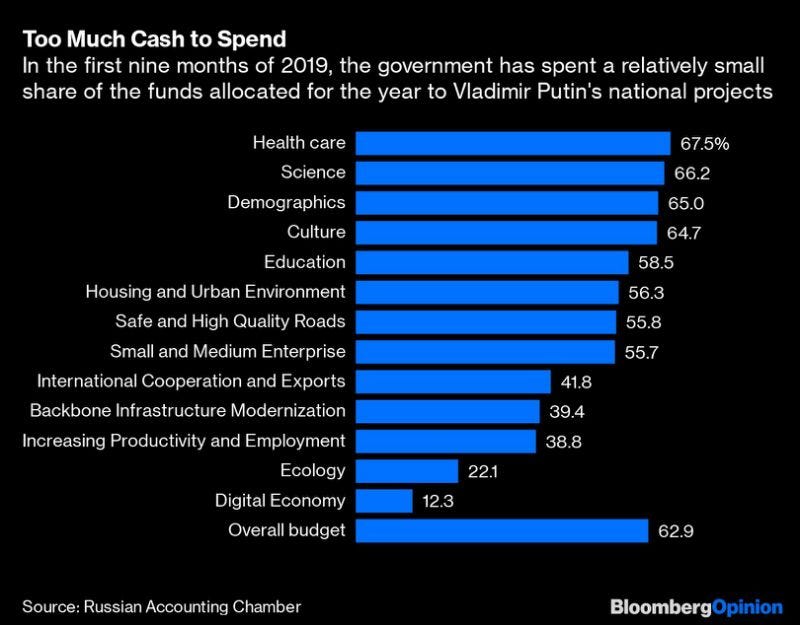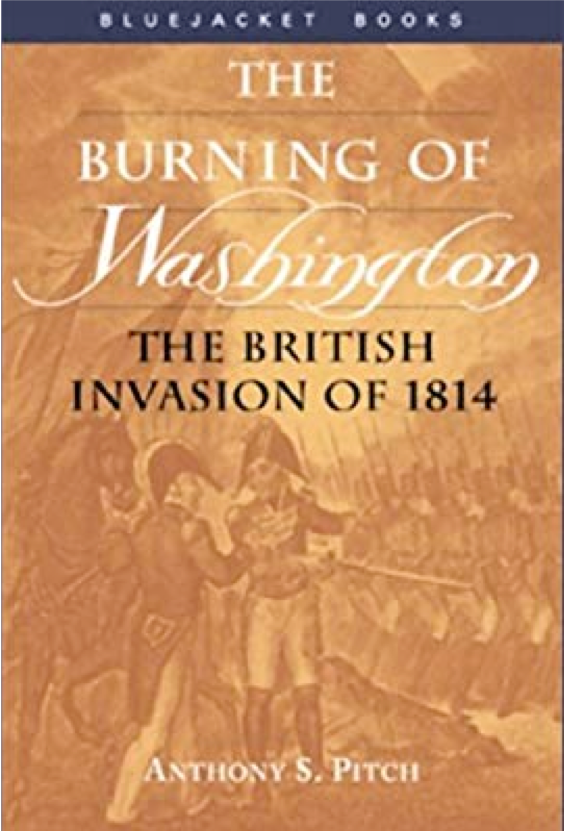Do You Know What Happened In 1812?
BRAmble Daily: 5 news items, 2 comments from me and 1 random musing, book or quote
5 News Items

China & US had ‘constructive discussions’ about phase-one trade deal
The Security Dimension of China’s Belt and Road Initiative
China, Oman agree to step up BRI cooperation
Should ASEAN join the Blue Dot Network?
For more news see the Belt and Road Advisory website
2 Comments
A looping “no win” scenario for the White House regarding the Trade War
Douglas Irwin, an economic historian at Dartmouth, has compared what the Trump administration is doing with the trade war to what the U.S. did after the War of 1812 against the British. At the beginning of the war, Americans claimed they would take territory from Canada; by the time the war ended, Americans were reduced to touting the fact that they hadn't lost any land in the war.

According to Irwin, Trump is taking from the same playbook: The president "launched the trade war against China and said, 'We are going to remake the economy and get the state out of industrial policy and mercantilism,'" Irwin said. "We are ending it by saying, 'They are buying just as much stuff as they did before.'"
America's trade war with China has lost its way. Instead of pushing for structural change in China's managed economy, the Trump administration is negotiating to get US-China trade where it was before the tit-for-tat tariffs started.

This story is like a loop, a Groundhog Day, and it's unclear how the Trump administration will get “a win” out of it.
Risky Business: Russian bureaucrats are afraid to spend their budget
Once, as if taking a page from China and Xi, Russian President Vladimir Putin announced a number of so-called national priority projects — spending plans meant to restart economic growth in Russia. These now appear to be stuck. Actually, money isn’t the problem: There’s cash to fund them, but the Russian bureaucracy won’t spend it, apparently fearing that the core competence to execute does not exist. It seems no one wants to bear the blame for bad outcomes.

Now Russia regularly fails to spend its entire budget in a given year. That is not what is surprising. For example, at the end of 2018, 778 billion rubles ($12.1 billion) was leftover. In 2019, Accounting Chamber head Alexei Kudrin predicts that 1 trillion rubles will be left unspent, in large part because of the underspending on the national projects. Kudrin, a former finance minister, is the most prominent of Russia’s “system liberals,” Putin loyalists who favor more progressive government policies. He said the following to the Russian parliament on Wednesday:
Why aren’t we spending 1 trillion rubles or 1% of GDP? Of course one can’t say we have too much money and that’s why we can’t spend it. I think it’s because of low-quality government.
On the surface, Kudrin’s statement to parliament implies that bureaucrats simply don’t know how to run growth-oriented projects. It’s more likely, however, that they’re actually afraid of spending the allocated money in ways that could land them in trouble with Putin. Since the national projects are Putin’s personal plan, they invite the scrutiny and oversight of the president’s powerful enforcement apparatus. Putin wants to make sure the allocated money won’t be stolen and that it goes to companies run by people who have his favor.

Allocating money in such a fashion, however, is not easily done. As Sergey Aleksashenko, a former deputy central bank governor and now a Putin opponent, tweeted earlier this week, the requirements for spending budgetary funds are written so that they’re “impossible to execute without breaking rules. When an official asks himself if he wants to deal with the prosecutor’s office, the answer is obvious — to hell with these national projects!”

Fear of retribution from Putin makes investing in Putin’s “national projects” so risky that no one wants to take responsibility for funding them adequately.
1 Book
This often-overlooked period of American history has always fascinated me personally. The fact that on the surface it certainly seems worthy of being mentioned in the same breath as Pearl Harbor and 9/11, but it is not. In fact, most Americans don’t even know about it at all.
What it does say clearly is that America is not Washington D.C., and Washington D.C. is not America. Ironic as it sounds, this gives me hope. If the British could burn down the Whitehouse and raze Washington D.C. yet still not conquer the United States of America, we can certainly survive a lousy president or two.

Thanks for reading,
James

Another 1812 event. The 1812 Overture, a concert overture composed in 1880 by Russian composer Pyotr Ilyich Tchaikovsky to commemorate the successful Russian defence against Napoleon's invading Grande Armée in 1812.